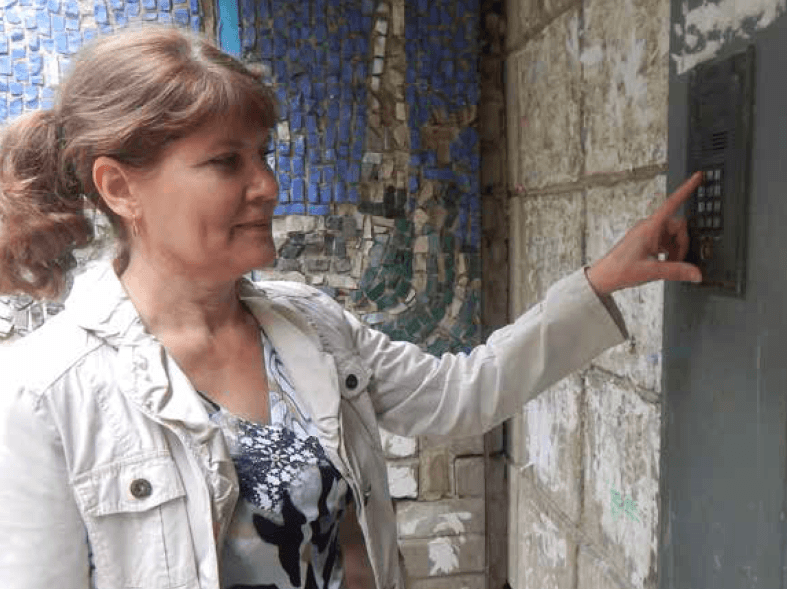HIV incidence continues to rise in Central Asia and Eastern Europe. Between 2010 and 2015, there was an estimated 57 percent increase in new infections each year. By 2015, there were 1.5 million people living with HIV in the region, only 20 percent of whom were accessing antiretroviral therapy (ART). Access to ART and retention in care is particularly low among key populations facing high levels of stigma and discrimination, such as people who inject drugs, sex workers, and men who have sex with men. Challenges to retention and adherence include stigma, discrimination, lack of family support, and the opportunity costs related to health care (travel time and costs, clinic wait times, income loss, etc.). Increasing retention in care and adherence to ART requires people-centered services that are organized around the health needs and preferences of people living with HIV. Home-based care is an intervention that has the potential to reduce many of these barriers to sustained HIV care and treatment. Nurses often have the most direct contact with patients and have proven to be the most effective home-based caregivers.
Available Resources
-
Improving Retention in HIV Care and Treatment through Nurse-led, Home-based Care in Central Asia





